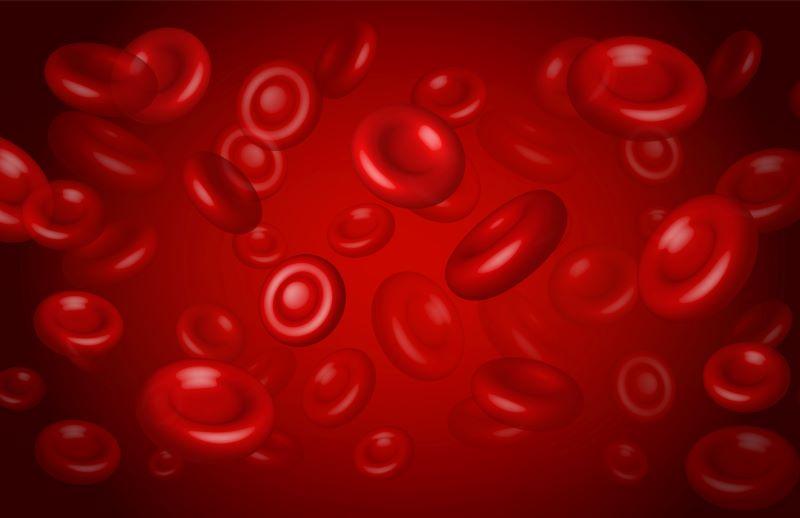Get Healthy!

- Dennis Thompson
- Posted March 31, 2023
Monthly Injections Might Lower Bleeding in People With Hemophilia
An experimental injectable drug appears effective in reducing bleeds in patients with hemophilia A and B, according to a pair of new clinical trials.
Two-thirds of people with treatment-resistant hemophilia who were treated with the drug fitusiran had no bleeds at all after nine months, versus just 5% of people treated with drugs that enhance clotting, according to a trial published online March 29 in The Lancet.
Fitusiran also outperformed other drugs in a second trial that involved people with hemophilia. In that trial, 51% of patients experienced no bleeds compared to 5% of the control group. That report appears in The Lancet Hematology.
The drug is the first treatment that can be given in advance to prevent bleeds in people with both types of hemophilia, regardless of whether their disease is resistant to treatment, the researchers reported.
Hemophilia is an inherited bleeding disorder. People with hemophilia A or B are missing natural proteins that help form blood clots to stop bleeding.
Without those proteins, these patients bleed spontaneously into their joints and muscles, and can take much longer to stop bleeding after an injury.
Fitusiran is a type of drug called a small interfering RNA therapy. These drugs work by interfering with the production of specific proteins in the body.
Fitusiran targets antithrombin, a protein that reduces blood clotting. As a result, patients are better able to form clots that stop dangerous bleeding.
The drug is delivered via a monthly injection.
The first clinical trial was conducted at 26 hospitals in 12 countries. It included 56 male patients, aged 12 and older, with severe treatment-resistant hemophilia. Two-thirds were treated with fitusiran, while the others (the "control" group) were given drugs that enhance clotting as needed.
The average annual bleeding rate among fitusiran patients was 0, compared to nearly 17 bleeds on average in the control group.
"The data is encouraging and suggests it may be the first prophylactic treatment -- meaning it can be given to prevent bleeds rather than to treat them after they have already occurred -- that works for both hemophilia A and B patients with inhibitors (treatment resistance),"lead researcher Guy Young said in a journal news release.
"Hemophilia B patients' treatment options are currently limited to on-demand treatments, which treat bleeds after they have occurred,"added Young, a professor at the University of Southern California Keck School of Medicine, in Los Angeles.
The second trial involved 45 hospitals in 17 countries, with 120 male patients, aged 12 or older, who had hemophilia but no treatment resistance. Again, two-thirds were treated with monthly fitusiran, while the others were given clotting drugs on demand.
The average annual bleeding rate among fitusiran patients in this study was 0, compared to nearly 22 bleeds on average in the control group.
The main side effect in both studies was an increase in levels of alanine aminotransferase, an enzyme released into the blood when the liver is damaged. About 32% of fitusiran patients experienced an increase in this enzyme in the first trial, and 23% in the second trial.
No deaths were reported in either trial.
"Our study looks at the use of fitusiran in patients with hemophilia A or B without inhibitors and complements the findings from the study looking at fitusiran with inhibitors, also finding that it is very effective in preventing bleeds,"said lead researcher Alok Srivastava of Christian Medical College in Vellore, India.
"Fitusiran is administered by under-the-skin injections, which can be easily taken at home. With this drug being administered just once a month or even less frequently, there is marked reduction of treatment burden,"Srivastava continued. "This means patients with hemophilia could manage their condition with fewer trips to [the] hospital, which can cause worry and be disruptive to daily life. This would lead to an improved quality of life as documented in the study."
Both clinical trials were funded by Sanofi, the pharmaceutical company that created fitusiran.
More information
The Mayo Clinic has more about hemophilia.
SOURCE: The Lancet, news release, March 29, 2023


